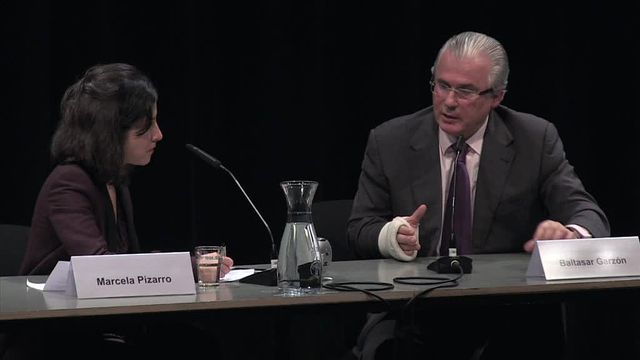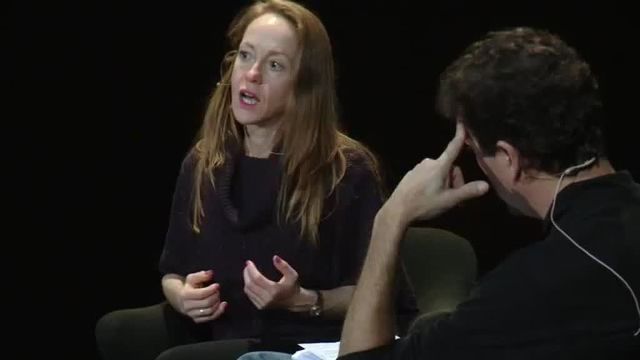Transformation
The Anthropocene Project. An Encyclopedia
Let us take a typical producer of the Anthropocene, a mining company, perhaps a copper mine in the tropical forests of Indonesia or in the deserts of Chile. From the insides of the earth to outer space, a collaboration of technology, humanity, the elements (chemical and meteorological), labor and environmental protection requirements, stock market valuations, gross national product, consumer objects, poisonous waste, NGO activities, ground water levels, research money, and clinical diagnoses manifests itself. The series in which the element of copper takes on other forms and meanings, is long and complex. Alongside the question of responsibility all along the way, another, quite political question is interesting: who owns nature? Is it a resource or a subject? And if so, can a subject be owned? We would have hoped that we’d gotten past that with the end of slavery. How would the social order change if we saw nature as a subject? Is that imaginable? If the sea were to sue the oil companies? If we continue this thought game with trees and forests or with animals, and ask about their rights and desires. Would that be a first step towards Anthropocene thinking? It worked with women’s suffrage, after all.
More information in the media section
Is the Anthropocene… Legal? Dialogue between Christina von Braun and Paulo Tavares
External links for further reading
The Metabolic Kitchen. Raumlabor
Forensic Architecture, Files: Atacama
Forensic Architecture, Cases: Living Death Camps. Staro Sajmište / Omarska, former Yugoslavia

